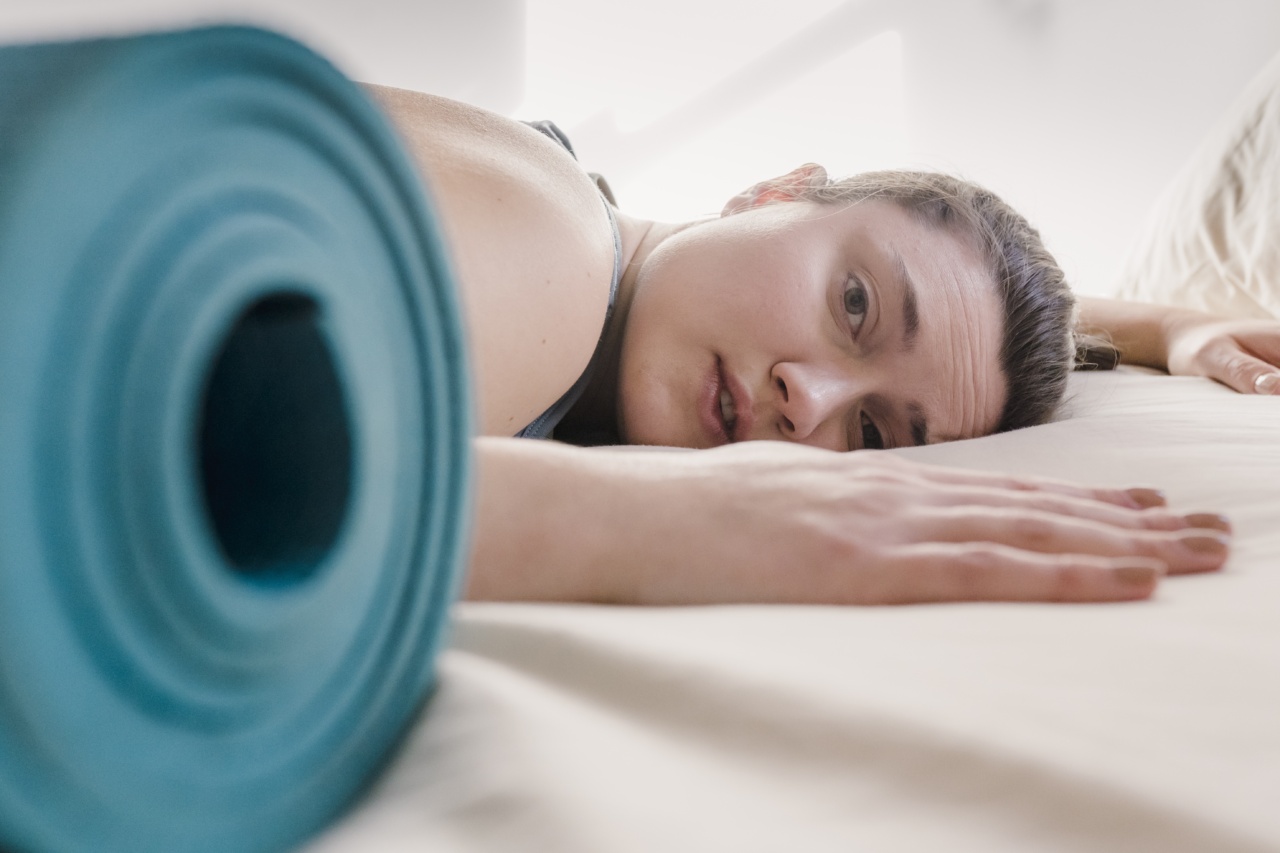Getting a good night’s sleep is essential for our overall physical and mental well-being. It helps in rejuvenating our body and mind, preparing us for the challenges of the next day.
However, many people struggle with falling asleep or waking up feeling tired and groggy. Developing healthy bedtime habits can greatly improve the quality of your sleep. In this article, we will discuss ten important habits you should practice before bedtime to ensure a restful night’s sleep.
1. Stick to a Consistent Sleep Schedule
One of the most effective ways to improve your sleep quality is to establish a consistent sleep schedule. Try to go to bed and wake up at the same time every day, even on weekends.
This helps regulate your body’s internal clock and promotes a natural sleep-wake cycle.
2. Create a Soothing Bedtime Routine
Having a pre-bedtime routine that helps you wind down and relax is crucial for a good night’s sleep. Consider activities such as reading a book, taking a warm bath, or practicing relaxation techniques like deep breathing or meditation.
Avoid stimulating activities like using electronic devices or watching intense TV shows right before bed.
3. Avoid Caffeine and Alcohol
Caffeine and alcohol can disrupt your sleep patterns and prevent you from falling asleep or experiencing deep sleep. Avoid consuming these substances at least 4-6 hours before bedtime.
Instead, opt for herbal teas or warm milk, which can have a soothing effect on your body.
4. Create a Sleep-Friendly Environment
Your sleep environment plays a vital role in the quality of your sleep. Make sure your bedroom is cool, dark, and quiet. Use blackout curtains, earplugs, or a white noise machine if needed.
Invest in a comfortable mattress, pillows, and bedding to ensure optimal comfort.
5. Limit Evening Screen Time
The blue light emitted by electronic devices like smartphones, tablets, and laptops can disrupt your body’s production of melatonin, the hormone responsible for regulating sleep. Avoid using these devices at least 1-2 hours before bed.
If you must use them, try using blue light filters or wearing blue light-blocking glasses.
6. Avoid Heavy Meals Before Bed
Eating a heavy, greasy meal shortly before bedtime can lead to indigestion and discomfort, making it difficult to fall asleep. Avoid eating large meals within two hours of going to bed.
If you’re hungry, opt for a light snack that promotes sleep, such as a banana or a handful of almonds.
7. Exercise Regularly
Engaging in regular exercise not only promotes overall health but also helps you sleep better. However, avoid intense workouts late in the evening, as the adrenaline rush can make it difficult to wind down.
Aim to exercise at least a few hours before bedtime, or consider gentle activities like yoga or stretching in the evening.
8. Practice Stress-Relieving Techniques
Stress and anxiety can significantly impact the quality of your sleep. Establishing a bedtime routine that includes stress-relieving techniques can help calm your mind and prepare you for sleep.
Consider activities such as journaling, listening to soft music, or practicing mindfulness meditation.
9. Limit Napping During the Day
If you’re struggling with nighttime sleep, it’s essential to limit daytime napping. Long or late-afternoon naps can disrupt your natural sleep cycle.
If you feel the need to nap, keep it short (around 20-30 minutes) and aim to do it earlier in the day.
10. Avoid Stimulants Before Bed
Stimulants like nicotine or certain medications can interfere with your ability to fall asleep or stay asleep. Avoid smoking or using nicotine products close to bedtime.
If you’re on medication, consult your healthcare provider to see if any adjustments can be made to minimize their impact on your sleep.































